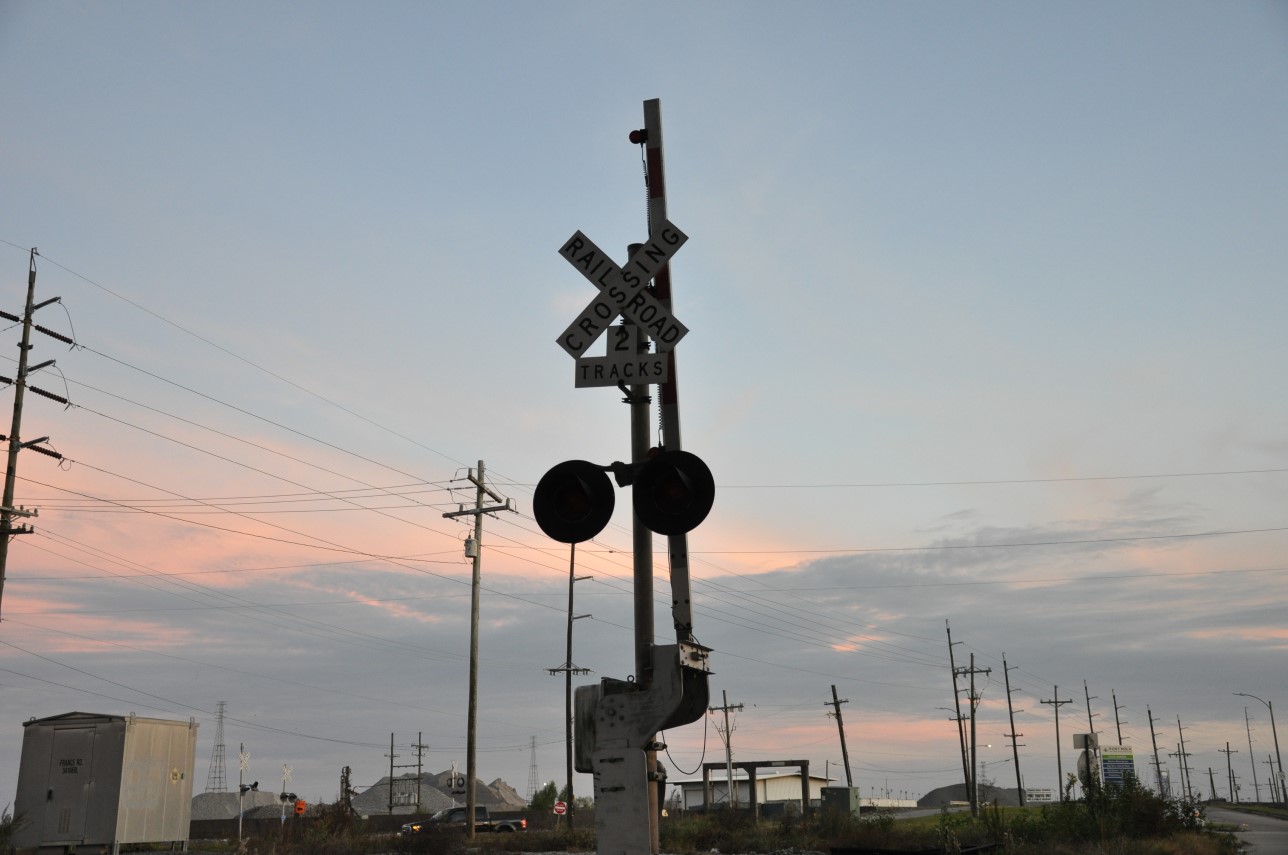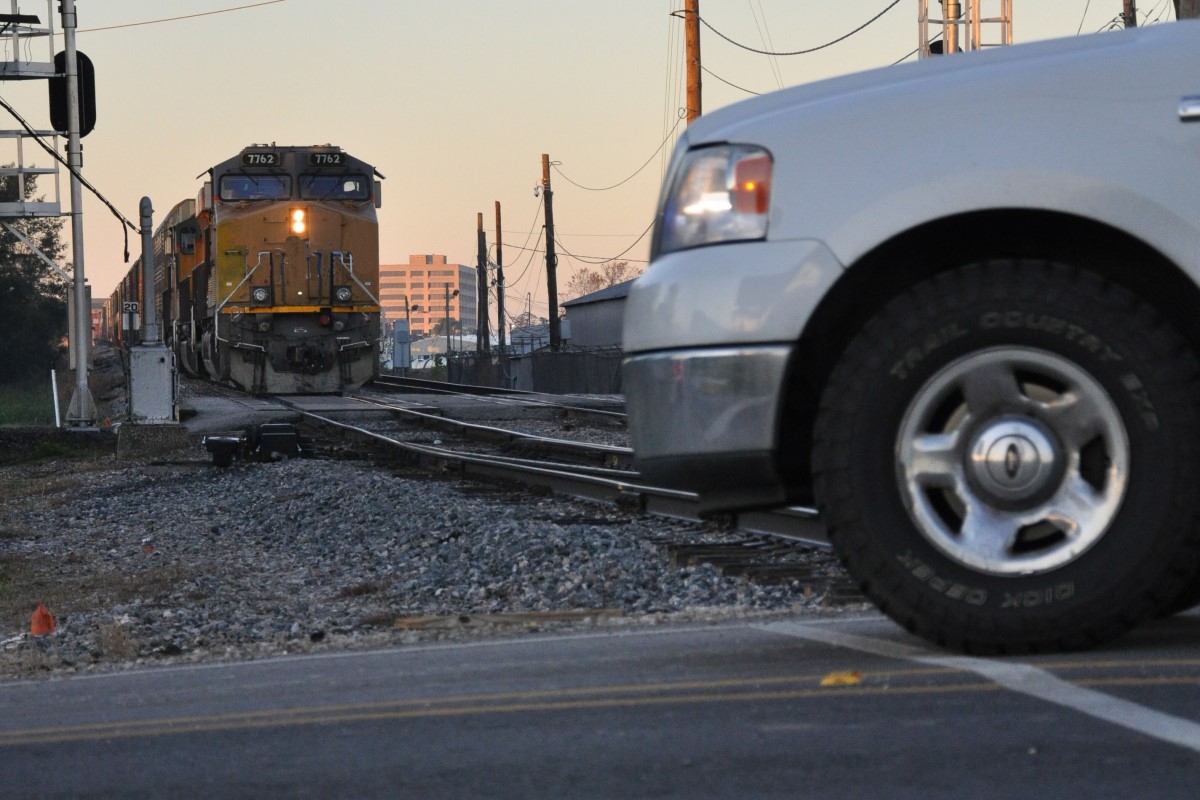In FY 2019, the Federal Railroad Administration, which has the primary responsibility for enforcing U.S. laws and regulations related to railroads, documented 8,025 violations that carry civil penalties. Those violations led to more than $16 million in final assessments or settlements.
The Code of Federal Regulations contains many rules and standards related to many aspects of rail operations. It covers topics such as freight car safety standards, the proper way to sound a horn at crossings, the location of reflective material on rolling stock, reporting and investigating railroad accidents, railroad employee qualification, training and hours of service, track maintenance, and brake system safety standards.
While breaking the rules can get railroad operators, car owners, and hazardous materials shippers in trouble, simply following the rules is not a fool-proof way to mitigate the risks associated with rail operations. “Compliance and safety are two different, but related things,” says Peter Gould, a crisis management and safety regulatory attorney who manages the Denver office of the global law and advocacy firm Squire Patton Boggs. “The Code of Federal Regulations is not a safety manual. You can cover yourself with compliance, but that is not going to be a silver bullet if there is an accident. Regulatory compliance is critical, but sound safety policies and practices are ultimately the keys to accident prevention.”
Gould sees the political environment continuing to get more complex for rail shippers, particularly as it relates to those who ship fossil fuels, as traditional energy sources’ political profile gets eclipsed by alternative energy sources. Further, he says, there are some movements afoot seeking to electrify our nation’s railroads, despite that diesel-powered rail transport is already highly efficient.
Regardless of whether the regulations and safety manuals were followed, the scrutiny that comes with a rail accident can cause damage to a business’s reputation and frequently spur further political oversight, legislation, and regulation, as state and federal policymakers seek to prevent future tragedies and respond to public outcry.


